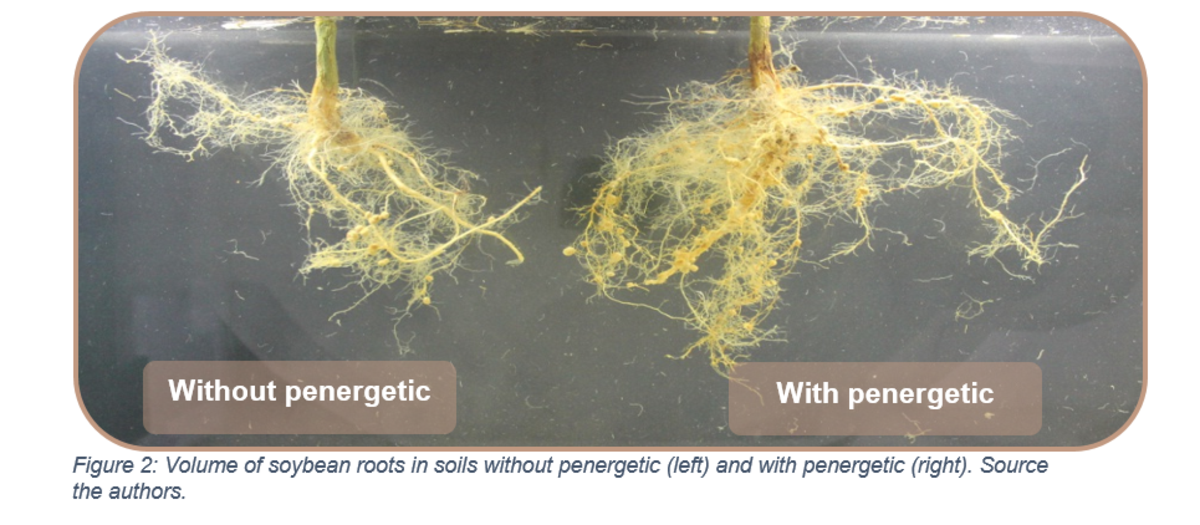Maximize Yields with Mycorrhizae in Crops

Imagine harnessing the power of nature to boost your crop yields effortlessly. What if I told you that there's a symbiotic soil organism working tirelessly beneath the surface, ready to become your crop's best friend? Welcome to the world of mycorrhizae – the root colonizing fungi that could revolutionize your farming practices. Let’s dive into how mycorrhizae in crop production can transform your agricultural endeavors.
Understanding Mycorrhizae
Mycorrhizae are a type of fungus that forms a mutually beneficial relationship with plant roots. Think of it as a natural partnership that goes back millions of years. These fungi wrap around the plant roots, extending their reach into the soil and absorbing nutrients that would otherwise be out of the plant's grasp. In return, the plant provides the fungi with carbohydrates produced through photosynthesis. It's a win-win situation!
Mycorrhiza propagation is crucial for maintaining healthy soil ecosystems. These fungi are responsible for improving nutrient uptake, enhancing soil structure, and even boosting the plant's resilience to environmental stressors. But how does one tap into this natural treasure trove?
The Benefits of Mycorrhizae in Crop Production
Enhanced Nutrient Absorption
One of the most significant advantages of mycorrhizae is their ability to enhance nutrient absorption. Plants with mycorrhizal associations can access nutrients like phosphorus and nitrogen more efficiently. This is particularly beneficial in soils with poor nutrient availability. By improving nutrient uptake, mycorrhizae can lead to healthier plants and higher yields.
Improved Soil Health
Mycorrhizal fungi play a pivotal role in improving soil health. They help bind soil particles together, forming aggregates that enhance soil structure and aeration. This leads to better water retention and drainage, creating an optimal environment for plant growth. Healthy soil is the foundation of any successful crop production system, and mycorrhizae are instrumental in achieving it.
Increased Plant Resilience
Plants with mycorrhizal associations are more resilient to environmental stressors such as drought, salinity, and disease. These fungi help plants withstand adverse conditions by providing a robust root system and enhancing nutrient availability. This resilience is crucial in an age of climate change, where unpredictable weather patterns can devastate crops.
Integrating Mycorrhizae into Your Farming Practices
The Role of Fungal Inoculants
Fungal inoculants are a practical way to introduce mycorrhizae into your soil. These are commercially available products containing mycorrhizal spores that you can apply directly to your soil or seed. It's like giving your crops a head start in the race for nutrients and growth.
Silicon Fertilization
Another effective strategy is silicon fertilization. While silicon is not a nutrient, it plays a crucial role in plant health by strengthening cell walls and enhancing resistance to pests and diseases. Mycorrhizae can facilitate the uptake of silicon, making it a valuable component of your crop management plan. Incorporating silicon fertilization along with fungal inoculants can create a synergistic effect, further boosting your crop yields.
Best Practices for Mycorrhiza Application
To get the most out of mycorrhizae in crop production, follow these best practices:
- Ensure proper soil preparation before application to create an optimal environment for mycorrhiza propagation.
- Use high-quality fungal inoculants from reputable suppliers.
- Monitor soil conditions regularly to maintain the right balance of nutrients and moisture.
- Rotate crops to prevent the depletion of soil nutrients and maintain mycorrhizal health.
- Integrate organic matter into your soil to support mycorrhizal growth and overall soil health.
By adhering to these practices, you can harness the full potential of mycorrhizae and watched your crops thrive.
Real-World Applications and Success Stories
Several farmers and researchers have already seen the benefits of incorporating mycorrhizae into their farming practices. For instance, in this case, a study found that mycorrhizal inoculation increased corn yields by 30% over three growing seasons. Similarly, in another study, mycorrhizal plants showed significantly higher resilience to water stress, indicating their potential in drought-prone regions. These success stories underscore the transformative power of mycorrhizae in crop production.
Conclusion
Mycorrhizae offer a natural and sustainable solution to enhance crop yields and soil health. By understanding their role and integrating them into your farming practices, you can harness the power of these symbiotic soil organisms to maximize your harvests. Whether through fungal inoculants or silicon fertilization, the benefits of mycorrhizae in crop production are undeniable. So, why not give your crops the edge they deserve? Explore the world of mycorrhizae today and watch your yields soar.
FAQs
What are mycorrhizae and how do they benefit crops?
Mycorrhizae are root colonizing fungi that form a symbiotic relationship with plant roots. They enhance nutrient absorption, improve soil health, and increase plant resilience, leading to higher crop yields.
How can I introduce mycorrhizae into my soil?
You can introduce mycorrhizae through fungal inoculants, which are commercially available products containing mycorrhizal spores. Apply these directly to your soil or seed for optimal results.
What is silicon fertilization and how does it relate to mycorrhizae?
Silicon fertilization involves adding silicon to the soil, which strengthens plant cell walls and enhances disease resistance. Mycorrhizae can facilitate the uptake of silicon, making it a valuable component of your crop management plan.
Are there any specific best practices for using mycorrhizae in crop production?
Yes, best practices include proper soil preparation, using high-quality fungal inoculants, monitoring soil conditions, crop rotation, and integrating organic matter into your soil.
Can mycorrhizae help in drought-prone regions?
Absolutely. Studies have shown that plants with mycorrhizal associations are more resilient to water stress, making mycorrhizae an invaluable tool in drought-prone regions.
```
0 Response to " Maximize Yields with Mycorrhizae in Crops"
Post a Comment